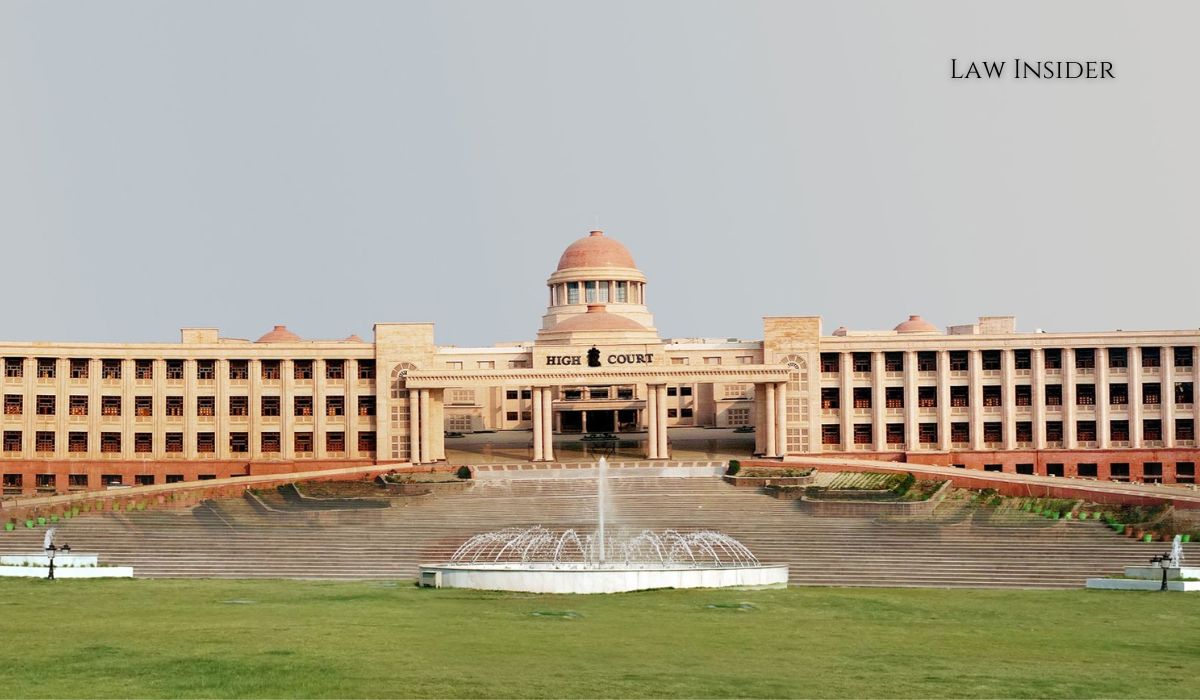Aastha Thakur
Published on: 04 October, 2022 at 23:58 IST
The Allahabad HC recently held that the High Court of a State has statutory power under Section 438 of the CrPC to grant transit bail in the case registered in the jurisdiction of another High Court.
The Court highlighted that, “ …there is no fetter on the part of the High Court in granting a transit anticipatory bail to enable the applicants to approach the Courts including High Courts where the offence is alleged to have been committed and the case is registered,”
The bench of Justice Rajesh Singh Chauhan granted the transit anticipatory bail to person booked under Sections 406 & 420 of the Indian Penal Code. The said FIR was registered in Maharashtra.
When a person anticipates being arrested by authorities from a State other than the one they are currently in, the idea of “transit anticipatory bail” enters the picture. It is an act of being moved or carried from one location to another, as the word “transit” implies.
In other words, when an accused is detained pursuant to a court order and must be tried in a different competent court with jurisdiction over the aforementioned matter, the accused is granted bail for the transitory period, or the time needed for the accused to travel to that other competent court from the location of his detention.
Ajay Agarwal, the accused in this case, is a businessman who deals with safety items and has been connected to a complaint that was filed in the state of Maharashtra over a business transaction. He requested transit bail while waiting to apply for bail before the appropriate jurisdictional court because the investigation is taking place in Maharashtra, which means he must participate in it there. He also claimed that because he is afraid of being arrested, transit bail should be granted.
The Court made the initial observation that transit bail is an extension of protection from arrest for a predetermined amount of time as authorised by the Court. The Court emphasised that just because an accused person has been granted transit bail, it does not automatically follow that the normal court, whose authority the matter would come under, will prolong that transit bail and turn it into anticipatory bail.
The court made it clear that after receiving transit bail, the accused must apply for anticipatory bail in front of the normal court, which would then assess the plea anticipatory bail on its own merits.
In light of the foregoing, the Court determined that the applicant should be granted the right to transit pre-arrest bail because the parties involved in the business transaction between the applicants and the complainant also filed criminal complaints against one another.
As a result, the Court mandated that in the case of Ajay Agarwal’s arrest, he be freed on transit bail after posting a personal bond for Rs. 50,000 and two sureties for the same sum. This defence has been given for a six-week period.

